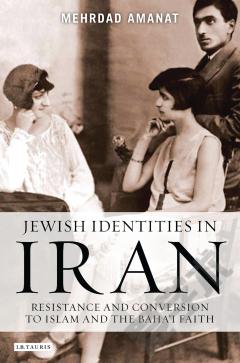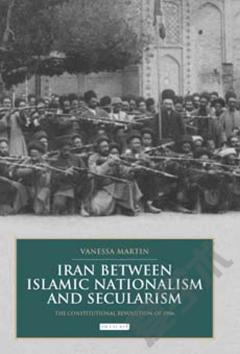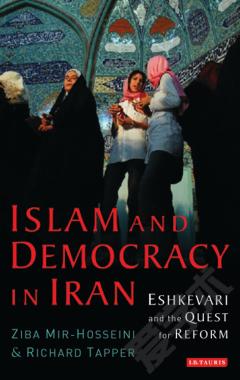Jewish Identities in Iran —— Resistance and Conversion to Islam and the Baha'i Faith
----- 伊朗犹太身份:伊斯兰教和巴哈伊信仰阻力和转换
For minority faith groups living in nineteenth-century Iran, religious conversion to Islam - both voluntary and forced - was the primary means of social integration and assimilation. However, why was it that some Persian Jews instead embraced the emergent Baha'i Faith, which was subject to harsher persecution that Judaism? Mehrdad Amanat explores the conversion experiences of Jewish families during this time, and examines the fluid, multiple religious identities that many converts adopted. The religious fluidity exemplified in the widespread voluntary conversion of Iranian Jews to Baha'ism presents an alternative to the rejectionist view of religion that regards millennia of religious experience as inherently coercive, oppressive, rigidly dogmatic and a consistently divisive social force.
{{comment.content}}








 京公网安备 11010802027623号
京公网安备 11010802027623号